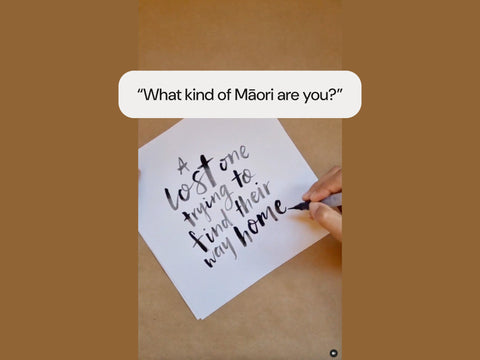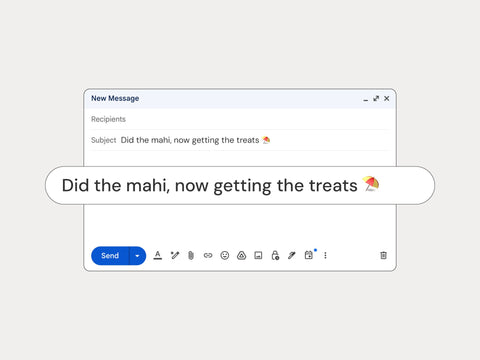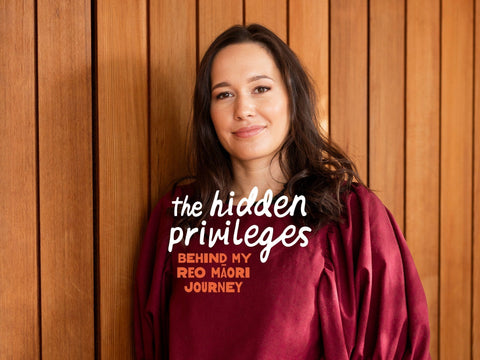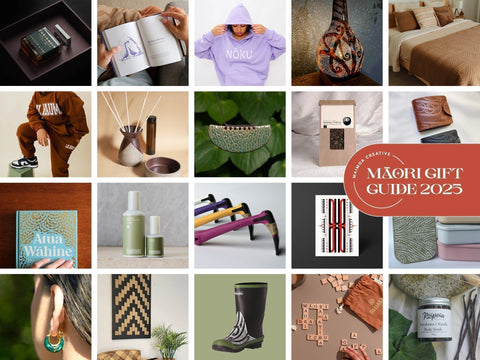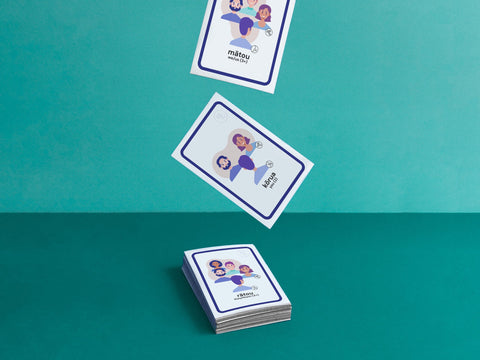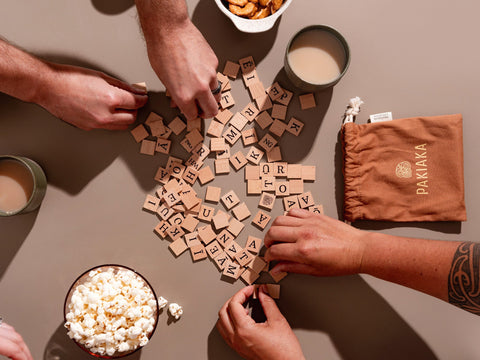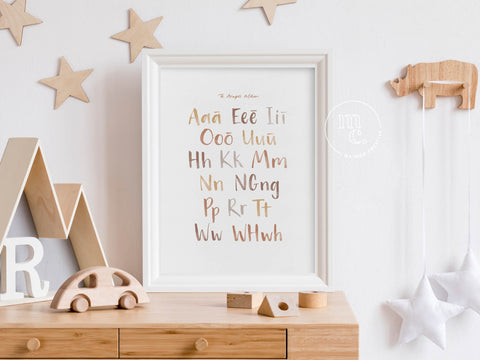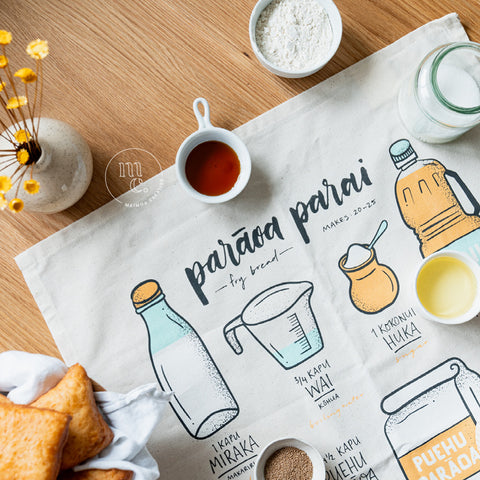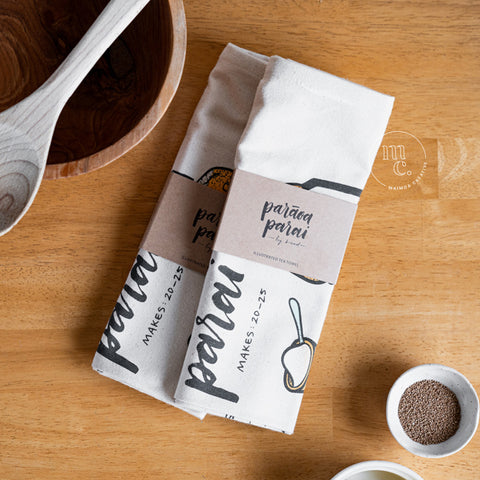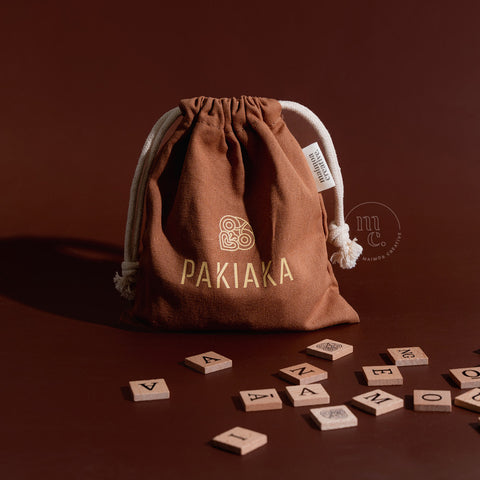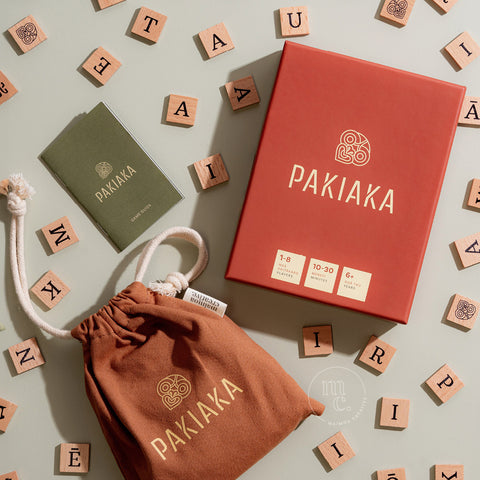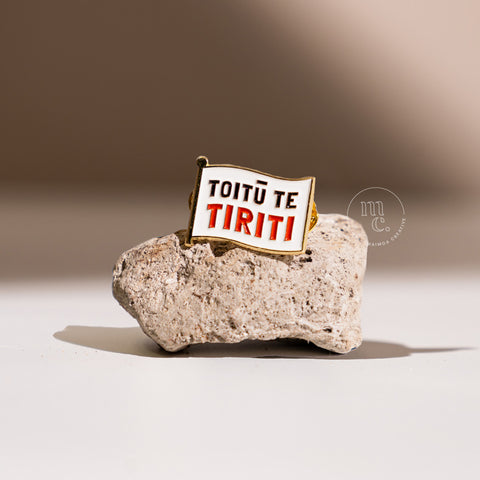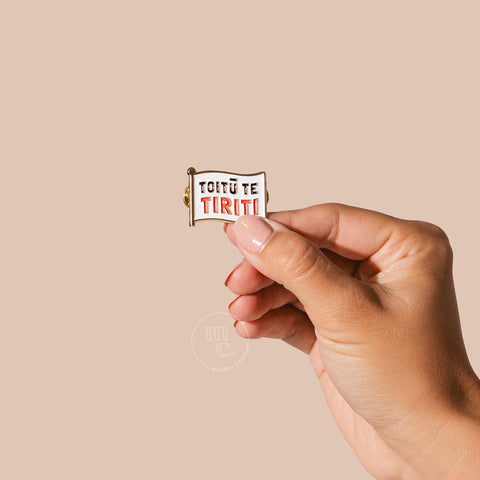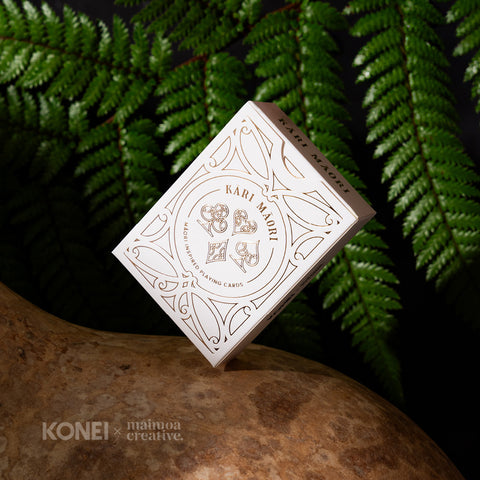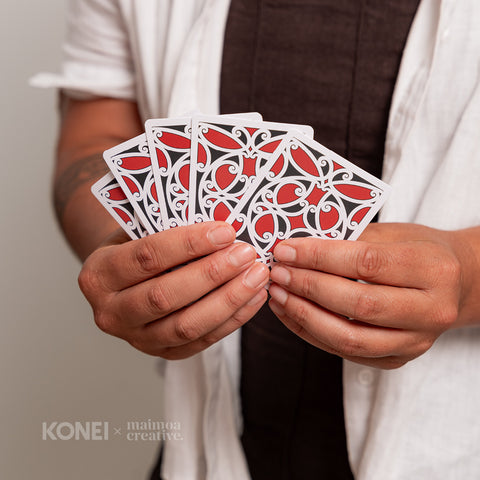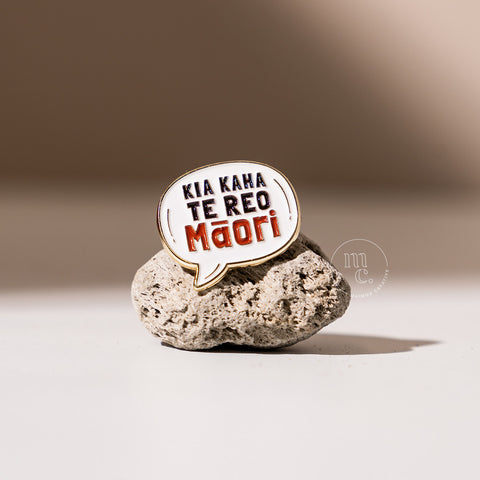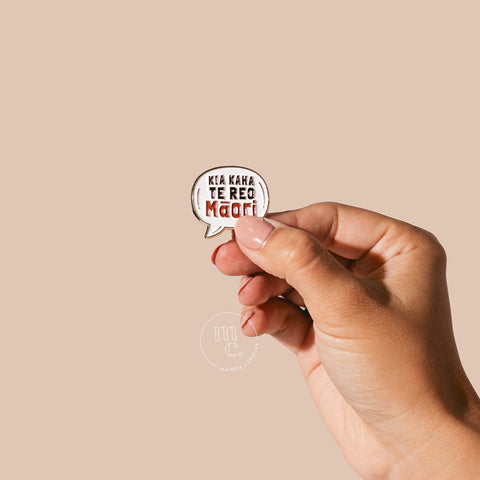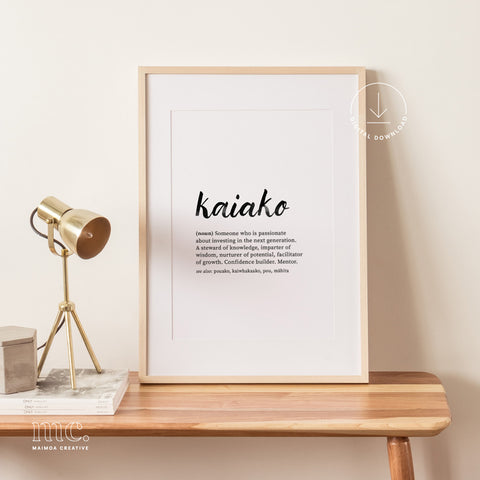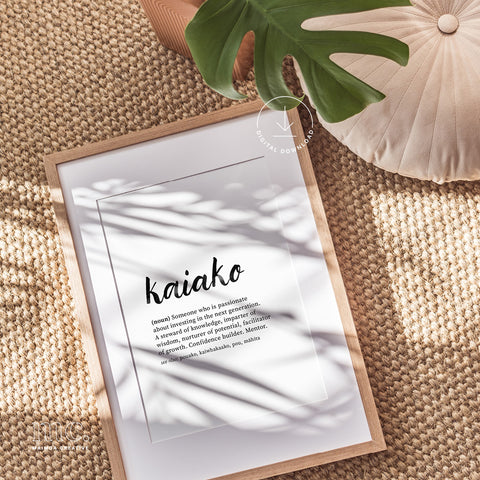Asking the pātai "What kind of Māori are you?" on our Instagram stories has uncovered a diverse display of voices, each sharing their unique experiences and perspectives on Māori identity. This blog post aims to elevate these voices, shining a light on all the unique ways we connect with our Māoritanga. The responses range from heartwarming to poignant, each contributing to the broader narrative of what it means to be Māori today.
Cultural Pride and Empowerment
Pride and empowerment were strongly present in the responses, with many expressing a deep-seated pride in their Māori identity. "Loud and proud Māori," one response declared, underscoring the shift from historical stigma to present-day pride and celebration of Māori identity. These voices not only affirm personal pride but also inspire others to express their identity with confidence.
- "A hearty ngāti"
- "A strong opinionated one"
- "An unapologetic Māori who is 100% standing in my true mana and tuakiri"
- "I’m a Māori princess 👑"
- "~An unapologetic one~"
- "One who loves all things Māori - waiata, kai, tangata, reo, te aha atu, te aha atu 🙌🏽🤍"
- "Staunch one"
- "The kind that is enough :)"
- "One that used to be ashamed to say I’m Māori, but now, I’m proud to say I AM MĀORI! ❤️"
- "AN AMAZING WAHINE MĀORI"
Still Finding Their Way Home
Not all journeys are marked by certainty. Alongside all the positive responses, there were also an overwhelmingly large response from Māori who describe themselves as "still in the making," cautiously stepping into their identity, perhaps holding back due to whakamā, fear of judgment or a late discovery of heritage. Stories that highlight the complexities of cultural reclamation.
- "Too scared to say I am to other Maori, though would love to feel more Maori"
- "A lost one trying to find their way home"
- "Knows how to speak reo but won’t bc scared of judgement"
- "One who hasn’t been identifying for too long and needs to do better 😔"
- "A white one who really wants to know more about her iwi and connect but scared"
- "The kind that didn't even know we are Māori until I was an adult, due to family's internalised racism."
Voices of Reclamation and Healing
Many respondents shared stories of reclamation, and the healing aspect of reconnecting with their Māoritanga later in life, including te reo Māori and Māori traditions. These stories are not just about learning a language but about reclaiming a birthright.
- "One willing to unlearn & learn. Reclaiming the reo that has been lost for too long"
- "A healing one"
- "The "academic Māori" who didn't grow up with my culture but learnt who I am through study and mahi."
- "One that got teary thinking about this patai."
- "The one trying to find the missing pieces to my 'Māori' puzzle starting with te reo"
- "One who’s heart yearns to korero maori and has started by teaching her children waiata"
The Many Faces of Māori
A significant number of responses touched on the challenges of identity, especially for those who may not fit the stereotypical image of a Māori. "So fair skinned you’d think I was lying 🤥" one person shared, echoing a sentiment familiar to many who face skepticism about their heritage due to their appearance. These stories emphasise the need for a broader understanding and acceptance of the diverse appearances within the Māori community.
- "One who feels judgement from both Pākehā and Māori. Belonging to neither."
- "The “Milky Bar Kid” kind"
- "The Pākehā whāngai with 7 generations of bicultural mahi - not enough blood for some."
- "White with a Maori last name 😂"
- "Blonde and fair and not always believed or accepted when I say I am Māori."
- "Like a Bueno White Chocolate, white on the outside but brown inside 🥰"
- "I've been told I should feel lucky that I can pass as white- like that's a compliment 🤦♀️"
- "The patupaiarehe kind (pale skin, blond hair, blue eyes, kick ass Māori wāhine cheeky as! ;)"
Challenging Stereotypes and Expectations
Finally, the narrative expands to those who challenge Māori stereotypes, like those who don’t fit conventional roles or dislike certain traditional foods — like the "Māori who can't sing" or those who simply don't enjoy kaimoana. Such revelations challenge the stereotypes and expectations often placed on Māori individuals. By openly discussing and celebrating these varied experiences, we not only validate the full spectrum of what it means to be Māori but also pave the way for a more inclusive and empathetic approach to cultural identity within Aotearoa.
- "One that's always called a "bounty bar" because apparently I'm brown on the outside but white inside 😭"
- "The type that cannot play guitar"
- "The one who can’t sing and doesn’t eat kaimoana 😆"
- "A Māori who don’t like Kina 👅🤪"
Unified by Whakapapa
The variety of answers to "What kind of Māori are you?" paints a picture of a diverse people unified by whakapapa. It's clear that Māori identity cannot be boxed into a single narrative but is a spectrum of experiences and stories.
Whether you're rediscovering your roots or have been steeped in the traditions since birth, there is beauty in every story of what it means to be Māori.

